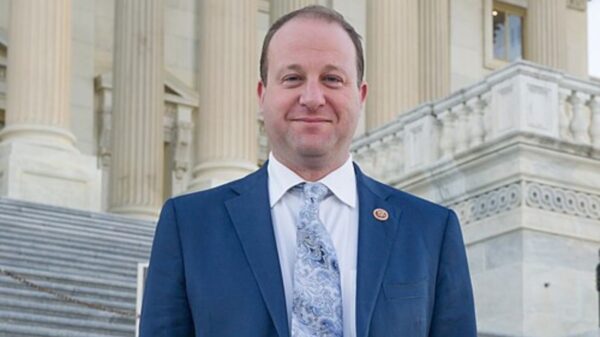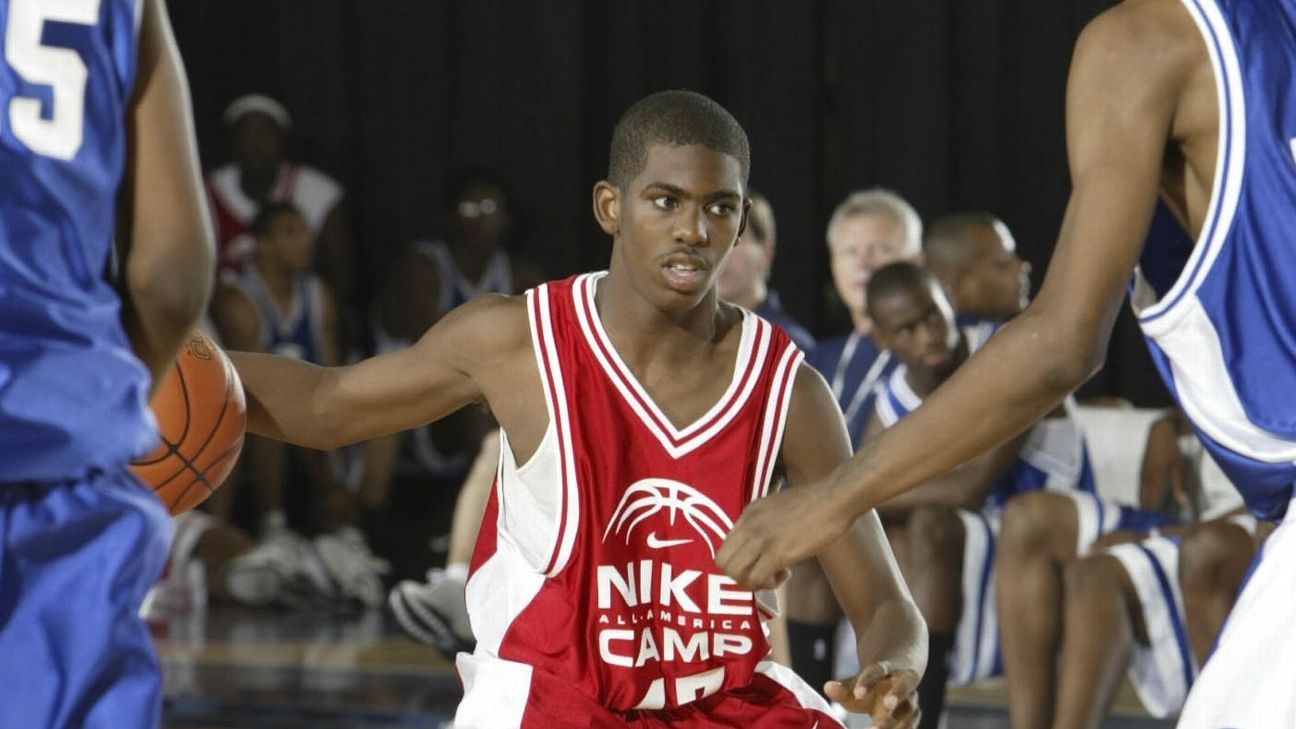BREAKING: In a shocking turn of events, a North Carolina judge has just vacated the convictions of four men in the 2002 murder of basketball star Chris Paul‘s grandfather, Nathaniel Jones. The ruling, delivered by Superior Court Judge Robert Broadie late last week, has sent ripples through the Forsyth County legal community, prompting state attorneys to consider an immediate appeal.
The convictions of Nathaniel Arnold Cauthen, Rayshawn Denard Banner, Christopher Levon Bryant, and Jermal Matthew Tolliver—who were all teenagers at the time—were overturned following a January hearing that raised serious questions about the integrity of their trials. Jones, aged 61, died after being tied up, beaten, and robbed outside his Winston-Salem home, suffering a fatal heart attack.
This ruling comes after a three-judge panel had previously denied claims of innocence from the defendants, but Judge Broadie’s latest order highlighted recanted testimony from a key witness, inadequate legal representation, and troubling police conduct. The judge noted that DNA evidence further supports the defendants’ claims that their confessions were coerced and that they were not present at the crime scene.
Paul, who was a promising high school player at the time of his grandfather’s death, has since become a 12-time NBA All-Star with the Los Angeles Clippers. The emotional impact on him and his family is profound, as they have awaited justice for over two decades.
On Monday, Attorney General Jeff Jackson‘s office swiftly moved to halt the enforcement of Broadie’s order, stating they need time to review and determine the state’s next steps. A spokesperson mentioned, “Without immediate action, Cauthen and Banner could be released back into the community before we have the opportunity to appeal.”
Cauthen and Banner were convicted of first-degree murder and are currently serving life sentences. Meanwhile, Bryant and Tolliver were convicted of second-degree murder and have since been released after serving their time. Notably, Dorrell Brayboy, another convicted individual, was fatally stabbed in a separate incident in 2019.
Forsyth County District Attorney Jim O’Neill has publicly criticized Judge Broadie’s decision, particularly the dismissals “with prejudice,” which complicate the potential for an appeal. O’Neill stated, “I have never seen that happen before in a court of law,” emphasizing the unusual nature of the ruling.
In defense of the judge’s actions, attorney Christine Mumma, who represents Cauthen and Banner, remarked on the authority granted to judges under state law to dismiss cases with prejudice, asserting that this ruling is within the judge’s discretion.
As this case unfolds, the legal community and public await further developments. The implications of this ruling could redefine justice for those wrongfully convicted and bring renewed attention to the issues surrounding legal representation and police conduct in North Carolina.
Stay tuned for updates as this story develops.








































































